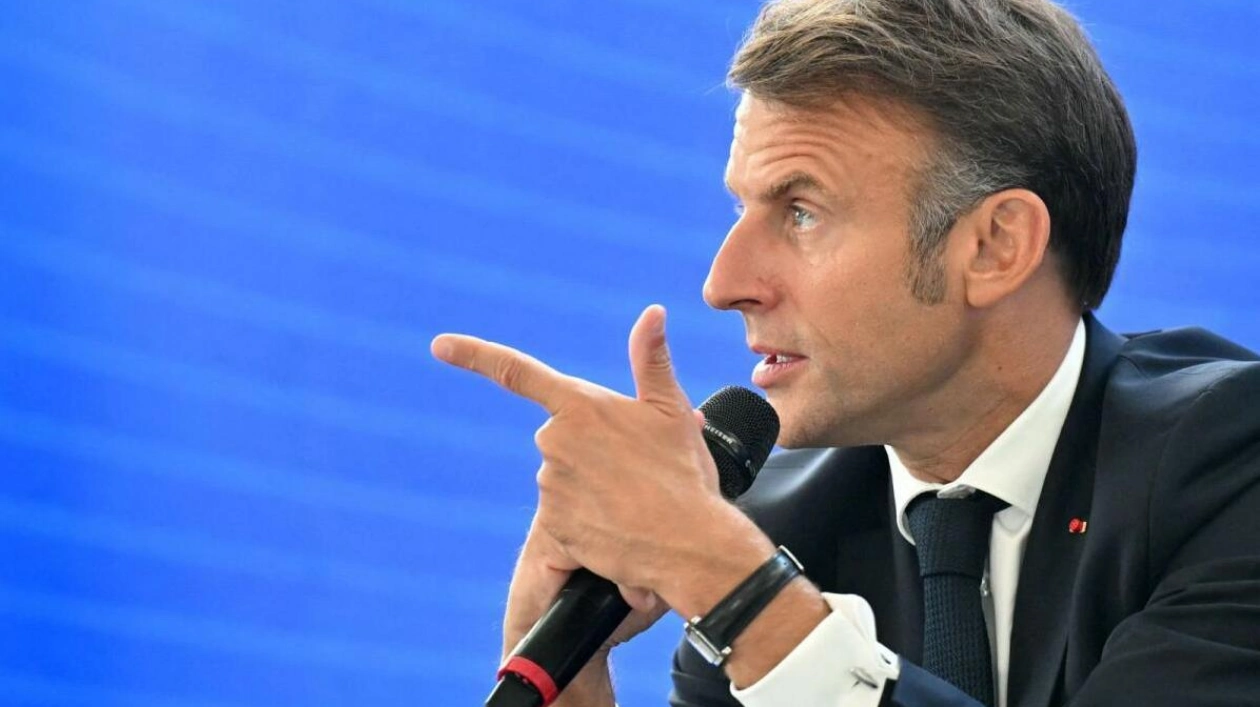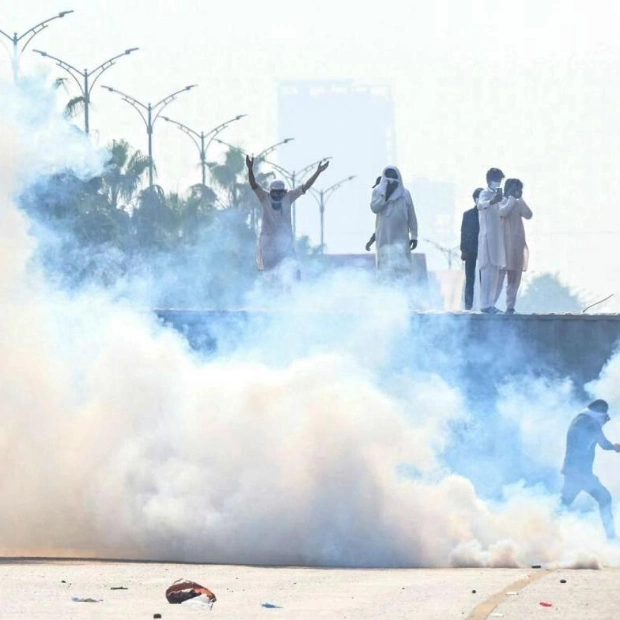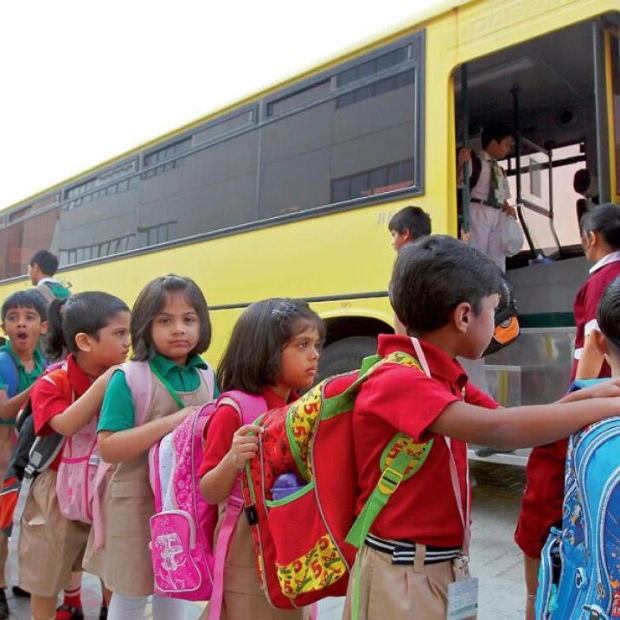This autumn, tens of thousands of students in France are experiencing a unique school return, as they are temporarily without their mobile phones. A pilot program at 180 'colleges', where French children aged 11 to 15 study, is testing a complete mobile phone ban throughout the school day. This 'digital pause' initiative, affecting over 50,000 students, is a precursor to a potential nationwide implementation starting in 2025. Currently, French middle school students are required to switch off their phones; this new trial demands that students surrender their phones upon arrival. This measure is part of President Emmanuel Macron's strategy to reduce screen time among children, a concern that the government believes is stunting their development.
Since 2018, the use of mobile phones and other electronic communication devices has been prohibited in French nurseries, elementary, and middle schools. High schools, attended by students aged 15 to 18, may enforce internal rules to restrict cell phone use in certain areas. Bruno Bobkiewicz, the general secretary of SNPDEN-Unsa, France's leading school principals' union, noted that the 2018 law has been largely successful, with very low mobile phone usage in middle schools. He added that the union has the capability to intervene if issues arise.
Following Macron's January declaration about regulating screen use among young children, a report recommended banning phone use for children under 11 and limiting social network access for those under 15. This concern about excessive screen time has become a widespread issue across Europe. Sweden's Public Health Agency recently advised that children under two should avoid digital media and TV entirely, and older children should have limited exposure. Similarly, a major UK mobile network operator, EE, cautioned against giving smartphones to children under 11.
The French education ministry anticipates that a phone-free environment will enhance the 'school climate' and decrease incidents of violence, including cyberbullying and the spread of violent images. Additionally, they aim to boost academic performance by reducing distractions and enhancing focus and knowledge acquisition. The trial also seeks to educate students on the responsible use of digital tools. Jerome Fournier, the national secretary of the SE-UNSA teachers' union, highlighted that the experiment aims to address school-specific challenges, despite the current rule working well in most institutions.
The ministry allows each school to decide on practical arrangements, such as locker systems, where students must deposit their phones upon arrival and collect them after classes. This ban extends to extracurricular activities and school trips. However, implementing this measure across all French schools by January 2025 could be costly, with estimates suggesting a need for nearly 130 million euros for the 6,980 middle schools. The potential loss of phones from lockers could also incur additional expenses. Education Minister Nicole Belloubet acknowledged the gradual implementation of the ban, considering the financial implications modest.
Despite these plans, many remain skeptical. The Snes-FSU, a leading union for middle and high school teachers, questions the practicality of the ban, particularly regarding daily logistics and the possibility of students having multiple phones. The SE-UNSA teachers' union also expressed concerns about the need for additional staff to manage phone collection and return. Bruno Bobkiewicz of SNPDEN-Unsa emphasized the complexity of enforcing the ban, particularly in checking students' belongings for hidden phones.






